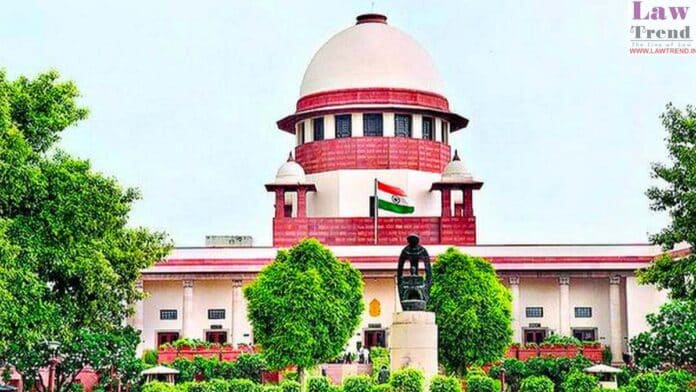The Centre on Thursday opposed in the Supreme Court the request for according precedence to hearing pleas related to the validity of passage of laws like the Aadhaar Act as Money bill, saying priority cannot be decided on the basis of “political exigencies”.
The issue relates to the controversy around money bills after the government introduced legislations like the Aadhaar Bill and even amendments to the Prevention of Money Laundering Act (PMLA) as money bills, apparently to circumvent the Rajya Sabha where it did not have majority.
A money bill is a piece of legislation which can be introduced only in the Lok Sabha and the Rajya Sabha cannot amend or reject it. The Upper House can only make recommendations which may or may not be accepted by the Lower House.

Senior advocate Kapil Sibal, appearing for one of the parties in the pleas on Money Bill, told a seven-judge bench headed by Chief Justice D Y Chandrachud that the court may consider giving priority to the matter as it is a “live issue”.
The bench, also comprising Justices Sanjay Kishan Kaul, Sanjiv Khanna, B R Gavai, Surya Kant, J B Pardiwala and Manoj Misra, had assembled to consider passing procedural directions in some nine-judge and seven-judge bench matters.
“We would request your lordships may go seniority wise. It is entirely my lords’ discretion,” Solicitor General Tushar Mehta, representing the Centre, said.
Mehta said priority cannot be decided on the basis of “political exigencies”.
“Leave it to us,” the bench told him.
The apex court said it will pass a common order in several nine-judge and seven-judge bench matters, including those related to money bills and the speaker’s power to disqualify MLAs, to get them ready for hearing.
Also Read
On October 6, the top court had said it will constitute a seven-judge bench to consider the Money Bill issue.
In November 2019, a five-judge bench of the apex court had referred to a larger bench the issue of examining the validity of the passage of the Finance Act, 2017 as Money Bill.
“The issue and question of Money Bill, as defined under Article 110(1) of the Constitution, and certification accorded by the Speaker of the Lok Sabha in respect of Part-XIV of the Finance Act, 2017 is referred to a larger Bench,” it had said.
The five-judge bench had then struck down in entirety the rules governing the appointment and service conditions of members of various tribunals that formed part of the Finance Act.







